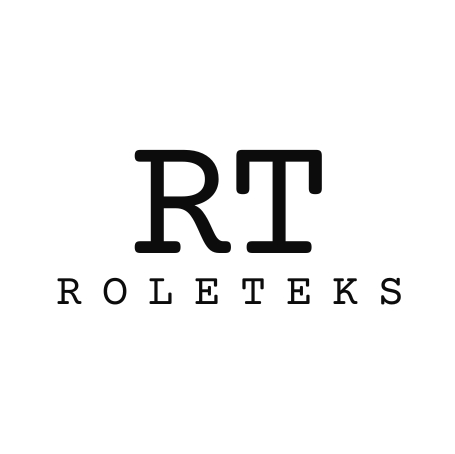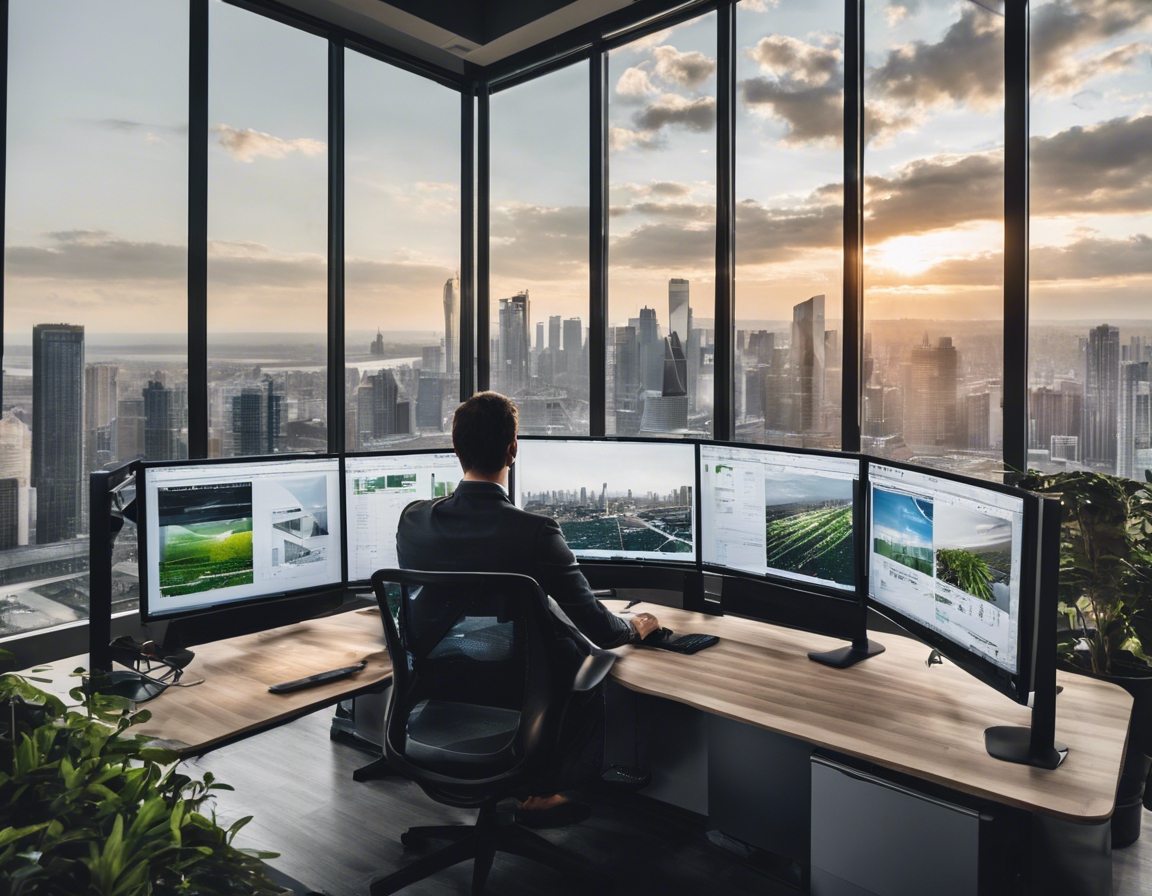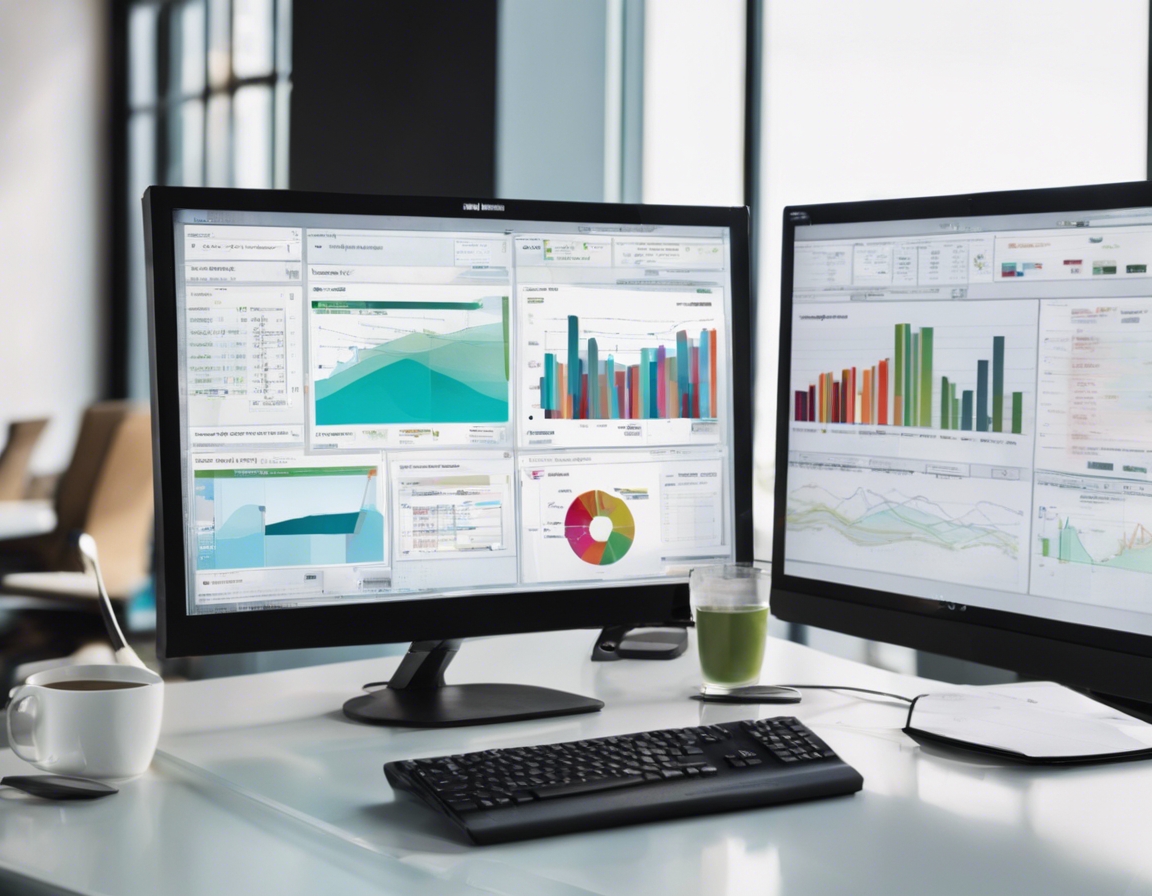The future of building automation
Building automation refers to the centralized control of a building's heating, ventilation, air conditioning, lighting, and other systems through a Building Management System (BMS) or Building Automation System (BAS). This technology aims to improve occupant comfort, reduce energy consumption, and ensure efficient operation of building systems. As technology advances, building automation is becoming more sophisticated, offering new opportunities for commercial real estate owners and managers.
2. Current Trends in Building Automation
The Internet of Things (IoT) is revolutionizing building automation by enabling devices to communicate and interact with each other. Smart technologies, such as connected sensors and devices, allow for real-time monitoring and control of building systems, leading to improved efficiency and reduced operational costs.
With growing concerns about climate change and rising energy costs, energy efficiency and sustainability have become top priorities in building automation. Advanced systems can optimize energy usage by adjusting lighting, heating, and cooling based on occupancy and environmental conditions, significantly reducing a building's carbon footprint.
Modern building automation systems incorporate advanced security features, such as access control, surveillance, and alarm systems, to ensure the safety of occupants. These systems can quickly respond to emergencies, such as fires or intrusions, enhancing overall building security.
3. Emerging Technologies in Building Automation
Artificial Intelligence (AI) and Machine Learning (ML) are transforming building automation by enabling systems to learn from data and make intelligent decisions. These technologies can predict equipment failures, optimize energy consumption, and enhance occupant comfort by adapting to user preferences.
Blockchain technology offers a secure and transparent way to manage building data and transactions. It can be used to streamline processes such as energy trading, maintenance scheduling, and tenant management, providing a decentralized and tamper-proof record of all activities.
Advanced sensors are crucial for the future of building automation. They provide accurate and real-time data on various parameters, such as temperature, humidity, occupancy, and air quality, enabling precise control and optimization of building systems.
4. The Role of Data Analytics in Building Automation
Data analytics plays a vital role in building automation by providing insights into system performance and identifying areas for improvement. By analyzing data from various sources, building managers can make informed decisions to enhance efficiency, reduce costs, and improve tenant satisfaction.
5. Challenges and Opportunities in Building Automation
As building automation systems become more connected, cybersecurity becomes a critical concern. Protecting sensitive data and ensuring the integrity of building systems is essential to prevent unauthorized access and potential disruptions.
While building automation offers significant benefits, the initial cost and complexity of implementation can be barriers for some property owners. However, advancements in technology and decreasing costs are making these systems more accessible and affordable.
Building automation systems must comply with various regulations and standards, which can vary by region. Staying informed about these requirements is crucial for successful implementation and operation.
6. The Impact of Building Automation on Commercial Real Estate
Building automation can significantly reduce operational costs by optimizing energy usage, streamlining maintenance processes, and improving overall efficiency. This leads to increased profitability for commercial real estate owners.
Automated buildings offer enhanced comfort, security, and convenience for tenants, leading to higher satisfaction and retention rates. By providing a superior tenant experience, property owners can attract and retain high-quality tenants.
Investing in building automation helps future-proof real estate assets by ensuring they remain competitive and adaptable to changing market demands. As technology continues to evolve, automated buildings will be better positioned to meet the needs of modern tenants and regulatory requirements.






Comments (0)